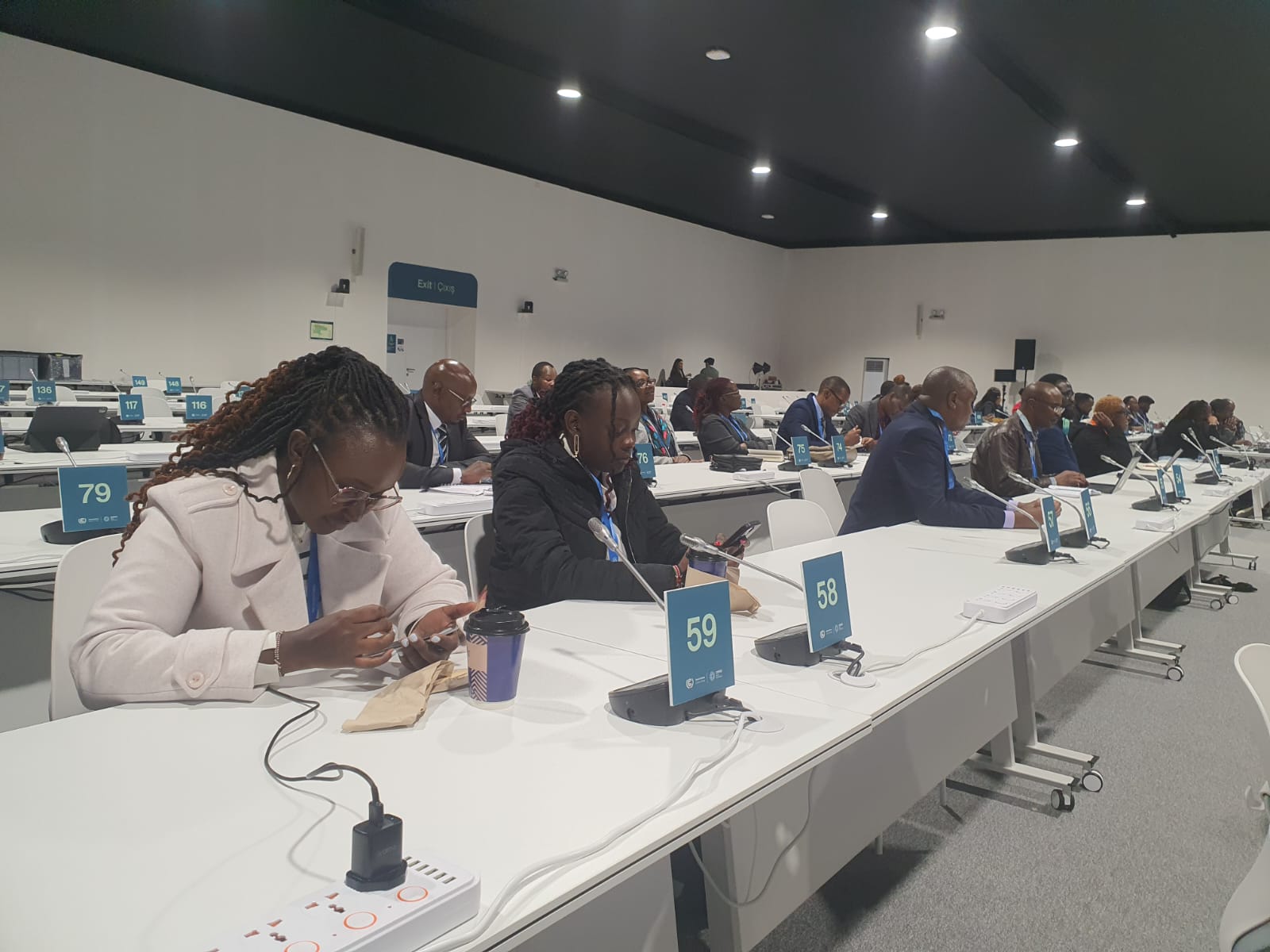
Guterres to COP29: Time is not on our side
He said every economy is at risk of far greater fury due to global warming.
By Wednesday noon, nothing substantive was forthcoming from the talks.
In Summary

With three days before the ongoing climate change negotiations conclude in Baku, Azerbaijan, Civil society organisations from Africa are disappointed over lack of progress.
By Wednesday noon, nothing substantive was forthcoming from the talks.
The talks are expected to end towards the end of the week but many feel that a lot of ground has not been covered.
Civil society organisations have accused developed nations of a lack of ambition and commitment to climate goals.
The New Collective Quantified Goal (NCQG), intended to replace the $100 billion per year (2025 deadline), remains stalled. Developing countries are calling for a minimum of $1.3 trillion per year, with some suggesting as much as $2 trillion.
ActionAid International Kenya Executive Director Susan Otieno said African countries expect nothing short of a good deal.
“Africa is not here to beg; we are not begging. This is our right and when we know that it's our right, we go for it and so we are demanding for our rights even as we look towards the closure of these conversations,” Otieno said.
Pan African Climate Justice Alliance (PACJA) Executive Director Mithika Mwenda cautioned African ministers who are midwifing the progress against being arm-twisted by rich nations.
Stakeholders insist on public and grant funding, avoiding private loans that compromise African countries’ fiscal space.
Sources aware of the happenings say developed nations have resorted to using misleading tactics aimed at weakening the Paris Agreement. African countries say developed nations do not have a choice but to provide the resources needed.
They say much of those resources have in the recent past been used to fund wars and subsidise fossil fuels.
Stephen Cornelius, World Wide fund for Nature Deputy Global Climate and Energy Lead said the end game at COP29 is fast approaching, but we are still missing urgency from the negotiations.
“All the difficult issues - how much climate finance, who pays it and who can receive it as well as mitigation and adaptation - remain unresolved. These issues need political guidance as well as more technical work. The Presidency will need to exercise their authority and diplomacy to find an ambitious common ground by Friday.”
“Negotiations will be tough, but Parties must not lose sight of the urgency and opportunity at hand. An ambitious outcome here on climate finance can help build resilience and drive the just energy transition around the world.”
African countries also insist that the global goal of adaptation must include concrete means of implementation: technology transfer, capacity building and climate finance.
They emphasised concrete and measurable actions, aligned with the needs of the most vulnerable communities.
African stakeholders insist on a unified position, led by the African Group of Negotiators (AGN).
Stakeholders demand that climate finance must directly address the needs of frontline communities.
They explain that priorities include solutions tailored to African realities, with alignment with the priorities of exemplary developed countries, such as Sweden.
The Kenyan delegation taking part in the talks is set to review progress made later in the day.

He said every economy is at risk of far greater fury due to global warming.